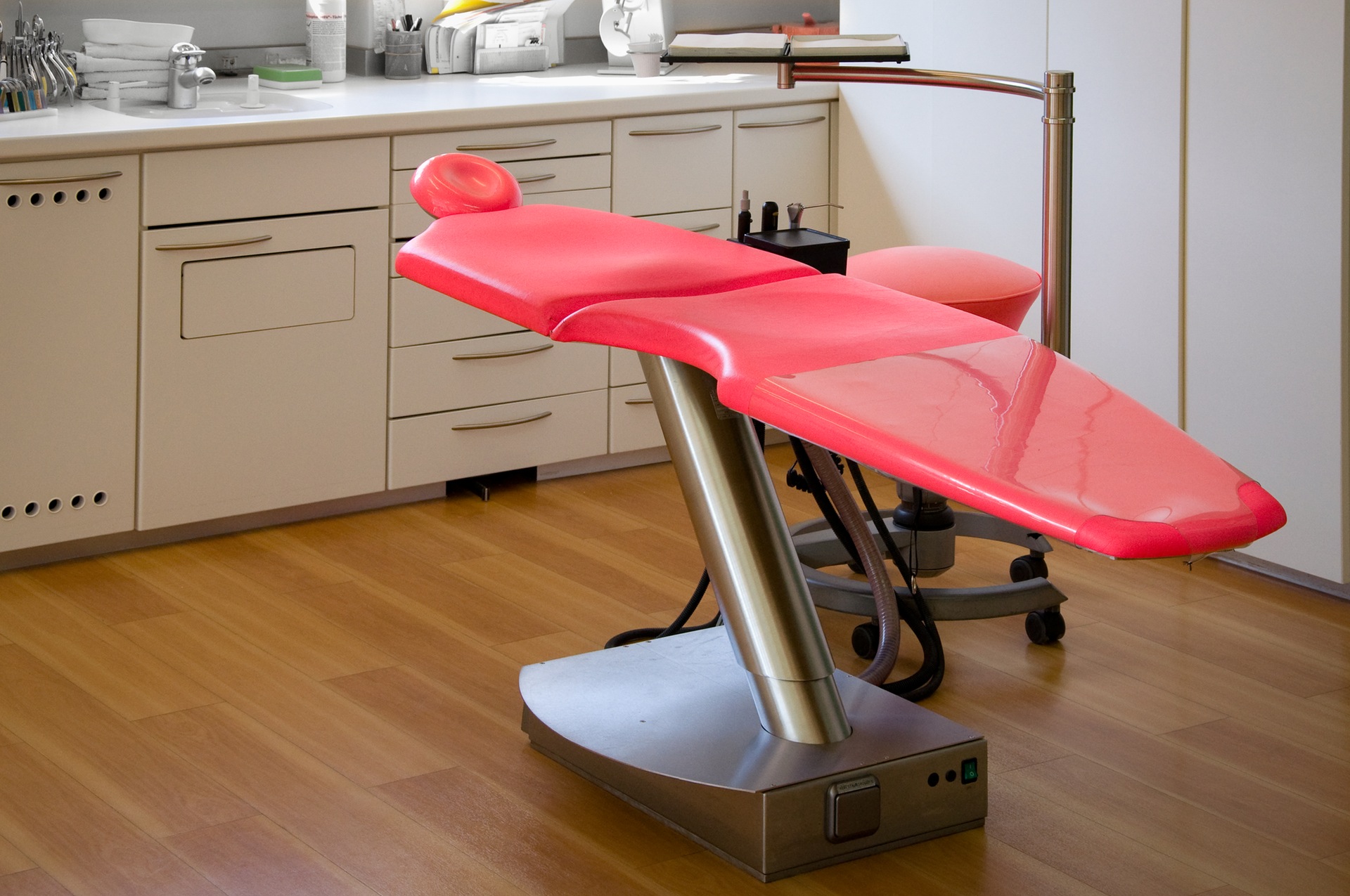How long will my dental work last? On the surface this seems like a fair question. A dentist might compare this question to asking your doctor “how long am I going to live?” Needless to say this is often a difficult question to answer. While the question is difficult, there are a few generalities that can be described to give a patient a better idea of realistic expectations. After all, a dental procedure is a financial investment and an investment in time.
A good practitioner should be able to advise you of the risks and prognosis if left untreated, and the risk and prognosis if treated. My job as a dentist is to lower the risk and increase the prognosis whenever treatment is rendered. For example, if a tooth is diagnosed with severe decay and planned for a crown, the tooth has a high risk and a poor-to-hopeless prognosis if left untreated.
Prognosis after placement of the crown is more complex. Do you historically have a high rate of decay? Are you missing other teeth causing your new crown to work harder? Is the newly repaired tooth firmly anchored in bone or does it have poor bone support? All of these factors affect the long term prognosis of a crown when it is perfectly placed! A patient with a high rate of decay could get decay around the seam (margin) of a crown. If bone support holding the tooth in the jaw is compromised, a tooth may become loose and fail. This would be similar to a beautiful well-built house on a compromised foundation.
Are you more confused than before? How about this? Most dental insurance carriers will provide claim benefits if a crown is 5 years or older. Ideally, (and thankfully in most cases!) a crown lasts much longer; often 20 years plus! A crown is just one example of the many types of dental restorations. Other examples of dental restorations are composite (tooth colored fillings), porcelain veneers and dental implant-retained prosthetics. All of these restorations have a different life expectancy, which is partially dependent upon patient risk factors.
Your dentist should be able to do more than simply recommend and perform these procedures. After all, I feel I am treating a person, not a tooth! I prefer to share risk factors and long-term prognosis with you and arrive a decision that makes sense on how to proceed. Fortunately, most dental treatments are not urgent matters giving us the time to make an educated and informed decision. If you have any questions regarding longevity of dental procedures or questions about our practice, please do not hesitate to call us!

